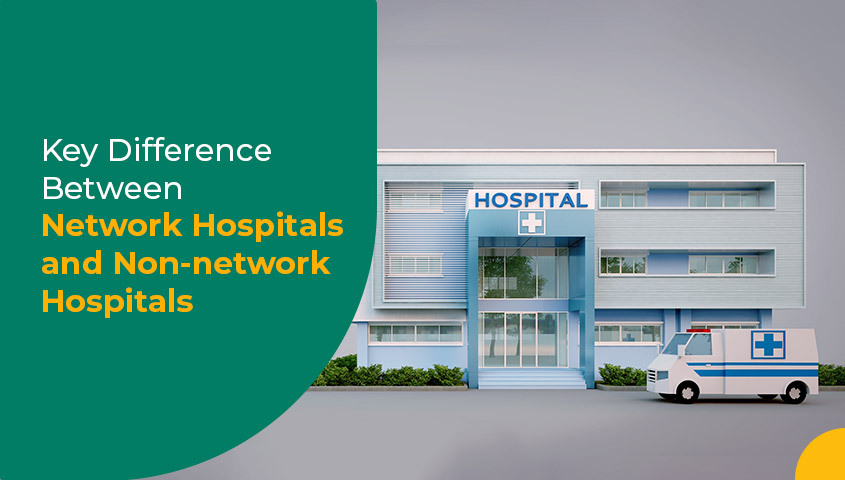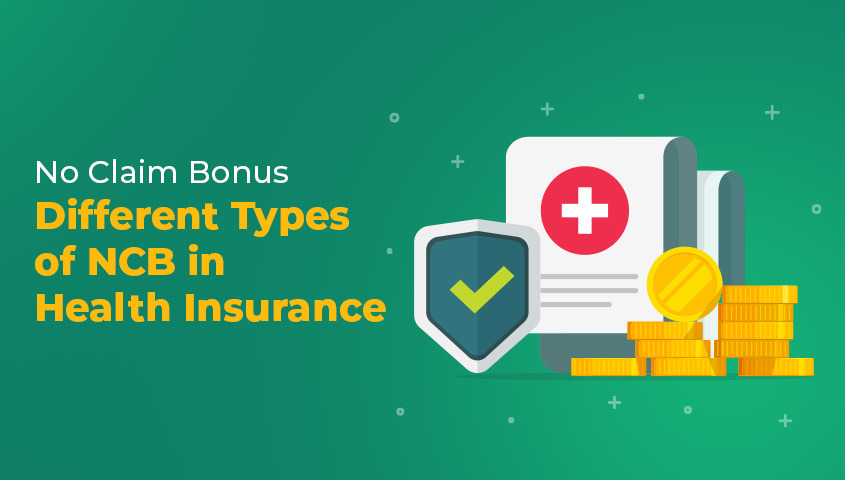
A health insurance policy is important as it helps in covering the expenses of medical treatments and hospitalisation. It, thus, provides financial protection and becomes an important part of your financial portfolio.
However, a health insurance policy has certain technical aspects which stump many policyholders. Despite the rising awareness among policyholders, some of the finer details of the policy might be challenging to understand.
Here are 5 such things that you might not know about and the reality of each of them –
Denial of cashless claims is not the end of the road
Every health insurance policy offers the cashless claim settlement facility which eases up the claim process. Even policyholders prefer the cashless claim mode as it eliminates the burden of shouldering the costs of hospitalisation and medical treatments.
Though insurers have simplified the cashless claim facility, in some cases, the cashless approval might not come through on time or might even be denied. In such cases, many of you think that your health insurance claim would not be settled. Well, thankfully, it is not so.
The reality
Even if you don’t get an approval for cashless claims, your claim would still be settled, albeit on a reimbursement basis. You would have to shoulder the medical bills yourself. Thereafter, you can file for a reimbursement claim and get the expenses reimbursed.
Note: There is also a claim redressal desk for every health insurance company to raise a complaint before approaching the Ombudsman and the court of law, in order to settle your claim.
Pre and post hospitalisation claims are always settled on a reimbursement basis
If you get a cashless approval for your claim, your hospitalisation costs, treatment costs and other associated medical expenses would be paid on a cashless basis. However, when it comes to pre and post-hospitalisation expenses, the cashless facility is not available.
The reality
Pre and post hospitalisation expenses are always settled on a reimbursement basis, even if your entire claim is settled on a cashless basis. You would have to collect the medical bills incurred on diagnostics and consultations, fill up the reimbursement claim form and file the form and the bills with the insurer. The insurer would reimburse you for the expenses incurred.
Note: Most people do not take the trouble of filing for pre and post hospitalisation. However, if your claim does get approved, your pre and post hospitalisation claim would also get easily paid. So, however trivial the amount may seem, it is always prudent to file it. You can file it along with your reimbursement claim.
There is a concept of PPN rates in some plans
PPN stands for Preferred Provider Network. It symbolises specific hospitals tied up with the insurer. There are special PPN rates for listed treatments in such hospitals. If you are admitted to the PPN hospital and undergo a treatment that falls in the specified list, the rate of the treatment would be different from the rate the hospital charges normally.
Note: The benefit of PPN rates is that it allows listed treatments at lower rates so that the claim amount is lower. This allows you to retain a larger sum insured for other claims.
There might be a zone-wise co-pay clause
Many insurers divide Indian cities into tiers of zones. Metropolitan cities like Delhi NCR, Mumbai, Kolkata, Bangalore, Chennai, etc. fall in Zone or Tier 1. Other populated cities like Patna, Pune, Indore, Bhubaneshwar, etc. fall in the second zone and the rest of the cities fall in the third zone. If you have bought the policy from a city in a lower zone but avail of treatments at a hospital located in a higher zone, you might not get a full settlement of the claim.
The reality
The zone-wise distinction is done because the cost of treatments is different in different cities. Metros and other developed cities have higher costs compared to lower developed or lower populated cities of India. As such, at the time of pricing, the location is considered. If you reside in a city in Zone 2 or 3, you might be charged lower premiums.
Note: However, if you have bought the policy from Zone 2 or 3 but make claims from a higher zone, the insurer charges a co-payment since the claim liability is increased in such cities. You might have to pay a part of the claim yourself if there is a zone-wise co-payment applicable under the plan.
All Health Insurance premiums increase with time
The premium of your health insurance policy does not remain the same lifelong. As you age, you move from one bracket to the other. As such, the premium increases. Moreover, many insurers also charge higher premiums based on your claim experience. If you have made claims in the previous year, the renewal premium might be hiked. This is called ‘claim-based loading’.
The reality
However, you should still opt for a plan as early as you can so that you get higher coverage without any exclusions. If you happen to contract any ailment, such as hypertension or diabetes, your chances of getting a health insurance policy underwritten would reduce significantly. Hence, it is prudent to opt for the plan as early in your life as possible.
How many of these hidden aspects did you know about?
Understand your health insurance policy inside out to know what you can expect from it. Whilebuying, keep these points in mind to find the best plan. Moreover, at the time of claims, have a clear understanding of the claim process, so that the claim settlement process is hassle-free.
So, be informed and enjoy the coverage that health insurance plans provide.
































